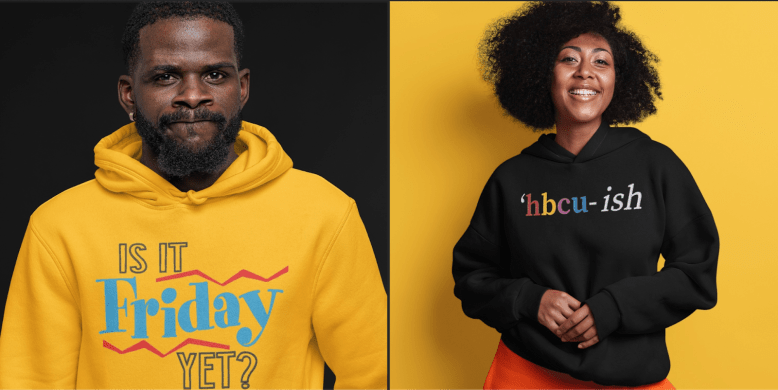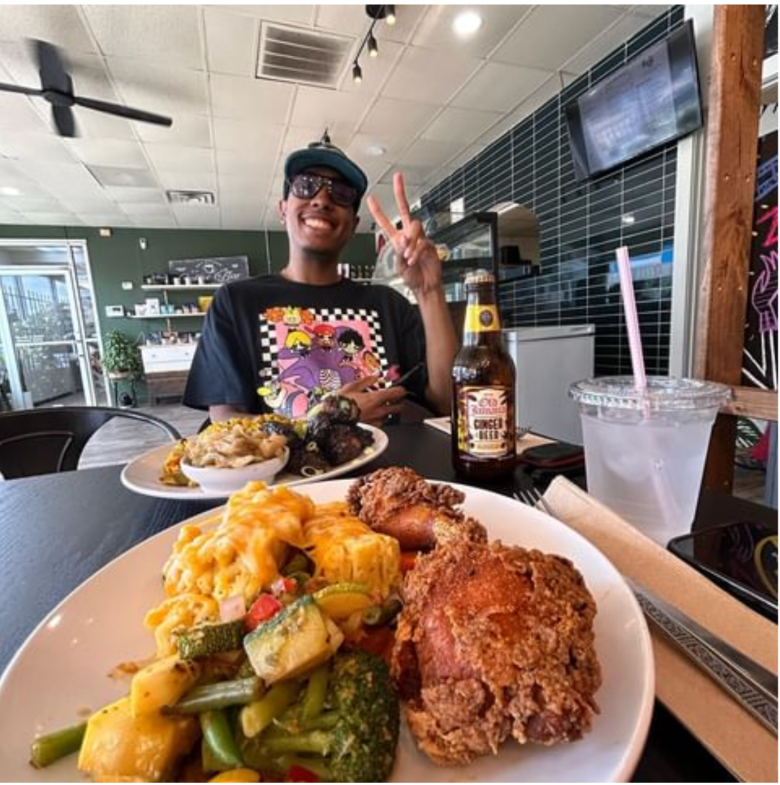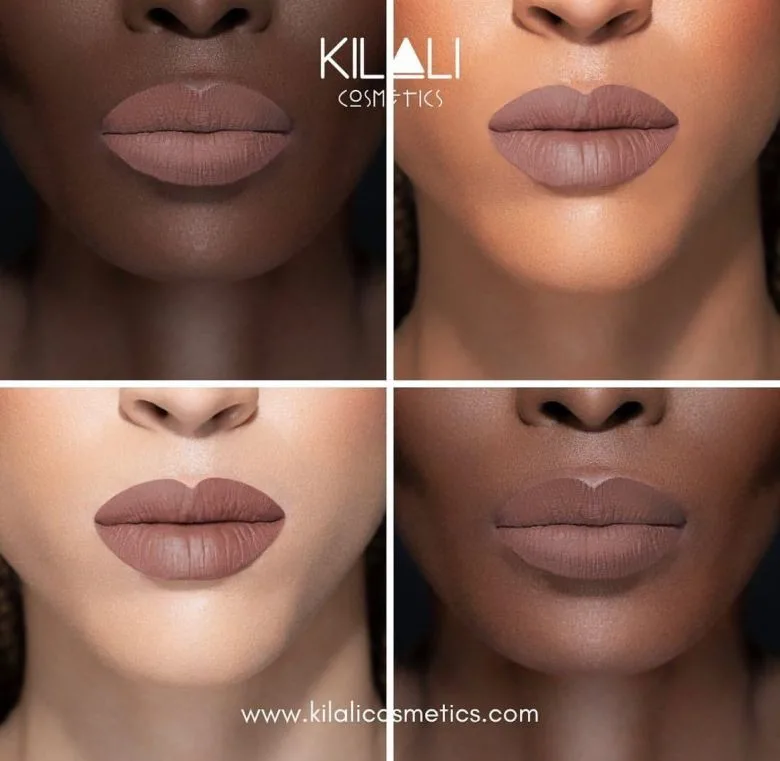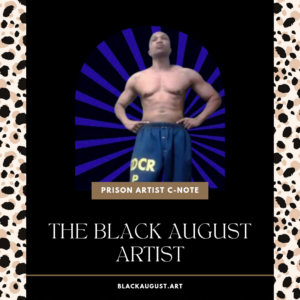By Laura Onyeneho | Houston Defender | Word In Black
This post was originally published on Defender Network

(WIB) – Black-owned businesses are not merely surviving but thriving during the holiday season. As demand surges and competition intensifies, entrepreneurs demonstrate resilience, innovation, and a deep commitment to their communities.
Buying Black extends far beyond the exchange of gifts; it is an investment in the economic vitality of an entire community. The struggles faced by small Black businesses resonate with a nationwide narrative — one of limited exposure, capital, and business acumen. According to a report from CNBC, 80% of Black businesses fail within the first 18 months. This alarming trend, rooted in systemic barriers, underscores the imperative of sustained support beyond the holiday rush.
Census data states that Black-owned businesses contribute significantly to economic empowerment, creating jobs and generating wealth in underrepresented communities. With $206 billion in annual revenue and 3.56 million jobs in the US, they form a crucial cornerstone of the Black workforce, impacting not just individuals but entire communities.
A McKinsey study also revealed that if Black-owned businesses matched the revenue of their white counterparts, it could inject an additional $200 billion into the economy.
Buying Black is not a one-time commitment; it’s a year-round pledge to break down systemic barriers that have perpetuated a vast wealth gap between black and white households. White Americans possess 10 times the wealth of Black Americans on average, and the opportunity to change this narrative lies in our everyday choices.

Chanell Graves, the co-founder of The Custom Stitch Houston, started the embroidery business in 2022 with her husband Barry after he suffered a brain injury from a major car accident. After a year-long recovery, he wanted to return to work but couldn’t do so in the same capacity. They both leaped into entrepreneurship to expand their financial capabilities and work at a pace that wouldn’t limit him if he were to work a regular 9-5.
“I took money out of my 401k, bought an embroidery machine, and we took courses to learn the ins and outs of the business,” she said. “We do get a lot of support, but to really take our business to the next level, we need funding.”
Graves said it’s a huge investment to buy inventory. The business is self-sustaining, and they manage their revenue from pop-up events like BLCK Market and holiday spending days like Black Friday.
“We work months in advance. We are already thinking of Black History Month and strategizing about maximizing what we have to grow,” she said. “Our clothing is pro-Black apparel. We are unapologetically Black. The money is important to keep the business alive, but it means so much more when the customers enjoy our designs.”

Chef Keisha Griggs, owner of the new sustainability-focused and community-oriented restaurant Kuji Kitchen, is proud that her establishment serves as an oasis in one of Houston’s largest food deserts,.
Since its opening in mid-February, Griggs’ Sunnyside-based restaurant has introduced customers to her Trinidadian roots through her unique dishes with ingredients grown on local farms.
“Not everyone is on this side of town. Then there are some people who live in Sunnyside and hadn’t realized that we operate here,” she said.
Running a business isn’t new to Griggs. She is the culinary mastermind behind Black Chef Table, Ate Kitchen, and Bocage Catering. Currently, her team is in a unique position of a name change, which will require efforts around marketing.
“We get to communicate our rebranding with a new name and still remind the community that we are the same brand that creates vegetarian-friendly Caribbean soul food,” she said. “Our community is diverse in age, so we are focused on not just the internet, but more traditional marketing avenues.”
Kilali Cosmetics founder Tope Adubi started her beauty business to address the lack of foundation shades and matte lip stains for dark skin tones. The Nigerian-born entrepreneur’s goal is to bridge the gap in the industry, sharing the beauty within the African continent. She launched the business in Nigeria and expanded it to the U.S. right before the pandemic started in 2020.

“Running a business is a serious learning curve. The way business is conducted in the U.S. is different from how it is in Nigeria,” she said. “I had to figure out ways to keep afloat, and bootstrapping was what I had to do.”
With her experience as a digital marketing professional and months of research and product testing, she tripled the revenue made in 2020 within the first three months of 2021.
Her products have been seen during the Essence Festival and the BLCK Market. The BLCK Market was the first brand she worked with that helped her tap into Houston’s Black community. She loved how invested people were in Black businesses, but Adubi’s main concern is that the loyalty to Black businesses has been inconsistent since the brutal murder of George Floyd.
After Floyd’s death, many major corporations, foundations, and people were motivated to take action against systemic racism by putting their money where their mouth was. A Washington Post report shows that America’s 50 biggest public companies and their foundations committed at least $49.5 billion to address racial inequality. More than 90% of that amount, however,” was allocated to potentially profitable loans and investments, including mortgages. $4.2 billion was pledged as grants, and $70 million went to organizations devoted to criminal justice reform.
“It shouldn’t have taken the death of a Black man for people to understand our value. We don’t need validation from others,” said Adubi. She added the Black dollar is powerful, especially when used correctly.
“I see how Indians and other cultures stick together, for example. If we put our minds together, we will be unstoppable as a community.”






